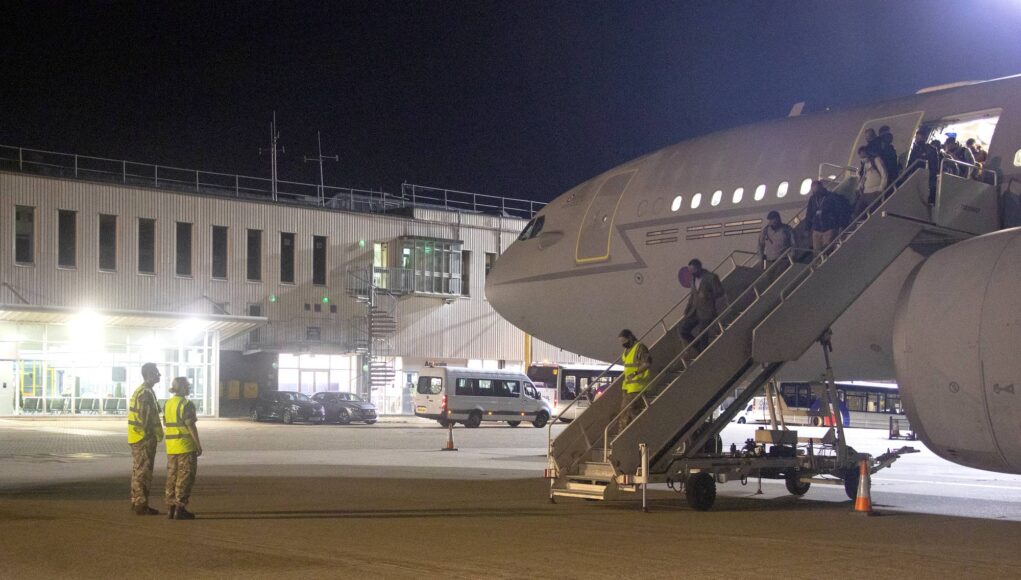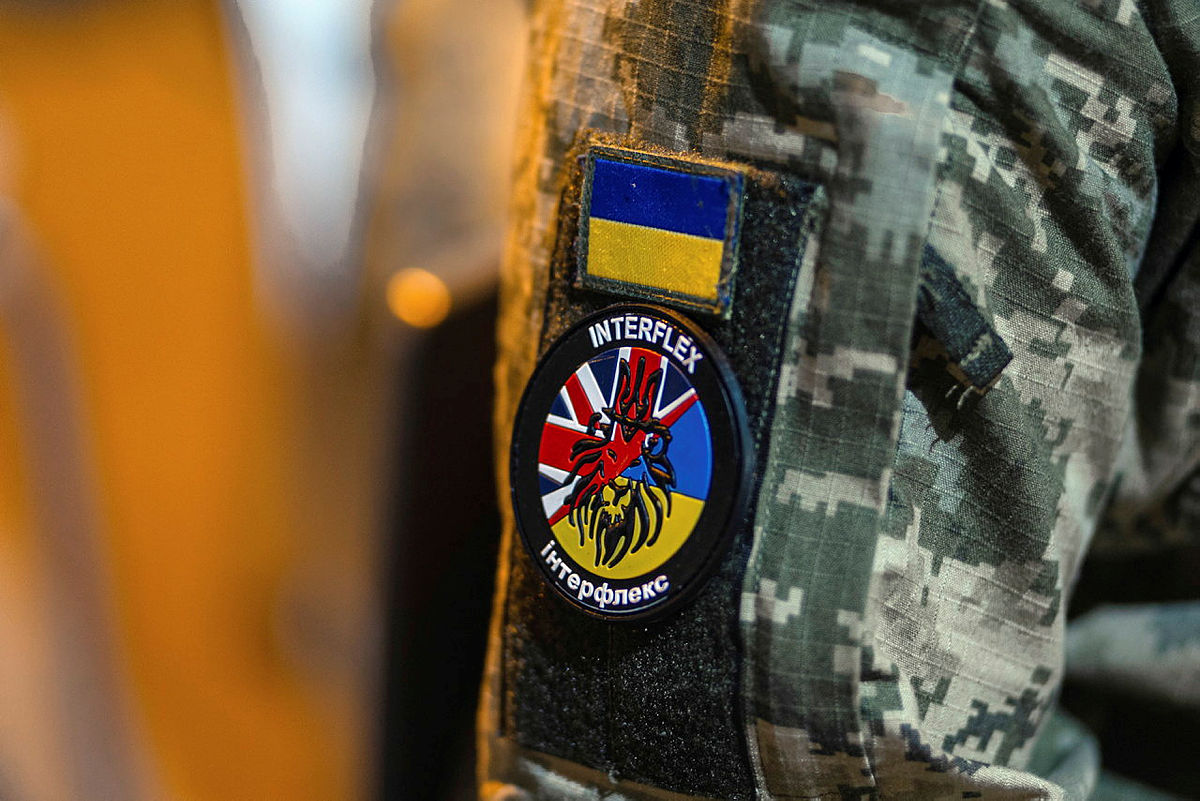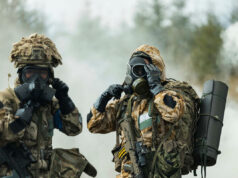Afghan nationals approved under the UK’s relocation scheme for former interpreters and staff undergo “robust security checks” before being granted leave to remain, according to a ministerial statement published this week.
In a written answer to Lord Kempsell, Defence Minister Lord Coaker confirmed that those found eligible under the Afghan Relocations and Assistance Policy (ARAP) are not automatically granted resettlement. Entry to the UK is contingent on passing national security vetting in line with immigration rules.
“All those resettling in the UK under Afghan resettlement schemes are coming to the UK legally,” Lord Coaker wrote. “As with all those arriving to the UK, all those found eligible for ARAP have to undergo robust security checks, including for national security. If they don’t pass these checks, they are not granted indefinite leave to remain.”
The two-stage process begins with the Ministry of Defence determining eligibility for relocation. If successful, the department submits an application on behalf of the individual to the Home Office, which oversees biometric enrolment and security clearance.
“The MOD, as part of the first stage, sends an offer letter to Eligible Persons which details the vetting and security process that applicants must go through,” the minister said. The process is underpinned by UK immigration law, with no exemptions for those approved under the scheme.
The exchange follows continued scrutiny of the ARAP programme’s implementation, including delays, vetting backlogs, and recent court rulings. According to Lord Coaker, “national security is a priority for this Government and all ARAP eligible individuals who arrive in the UK will have undergone thorough security checks.”














How can you possibly properly vet people from a country you’re not talking with, had a stone age bureaucracy and decades of war. You wouldn’t be able to positively prove anything.
That’s a fair concern, and it’s true that vetting people from a country like Afghanistan—especially under current Taliban control and after decades of war is incredibly challenging. This is why the vetting process relies heavily on the data and records gathered during the British military and diplomatic presence in Afghanistan over the past two decades. Many of the individuals being resettled, especially under the ARAP scheme, worked directly with UK forces as interpreters, drivers, or local staff. Their employment history, conduct, and identity were often documented and verified at the time by UK personnel on the ground.
While it’s true that Afghanistan’s national systems are weak or no longer accessible, the UK isn’t starting from scratch in most of these cases. Vetting includes cross-checking biometric data, internal Ministry of Defence records, intelligence sources, and, in many cases, direct testimonials from British officers who served alongside these individuals. It’s definitely not foolproof though.
However, the UK is starting from scratch with most of the AAP arrivals, not to mention all the extended family members that accompany them.